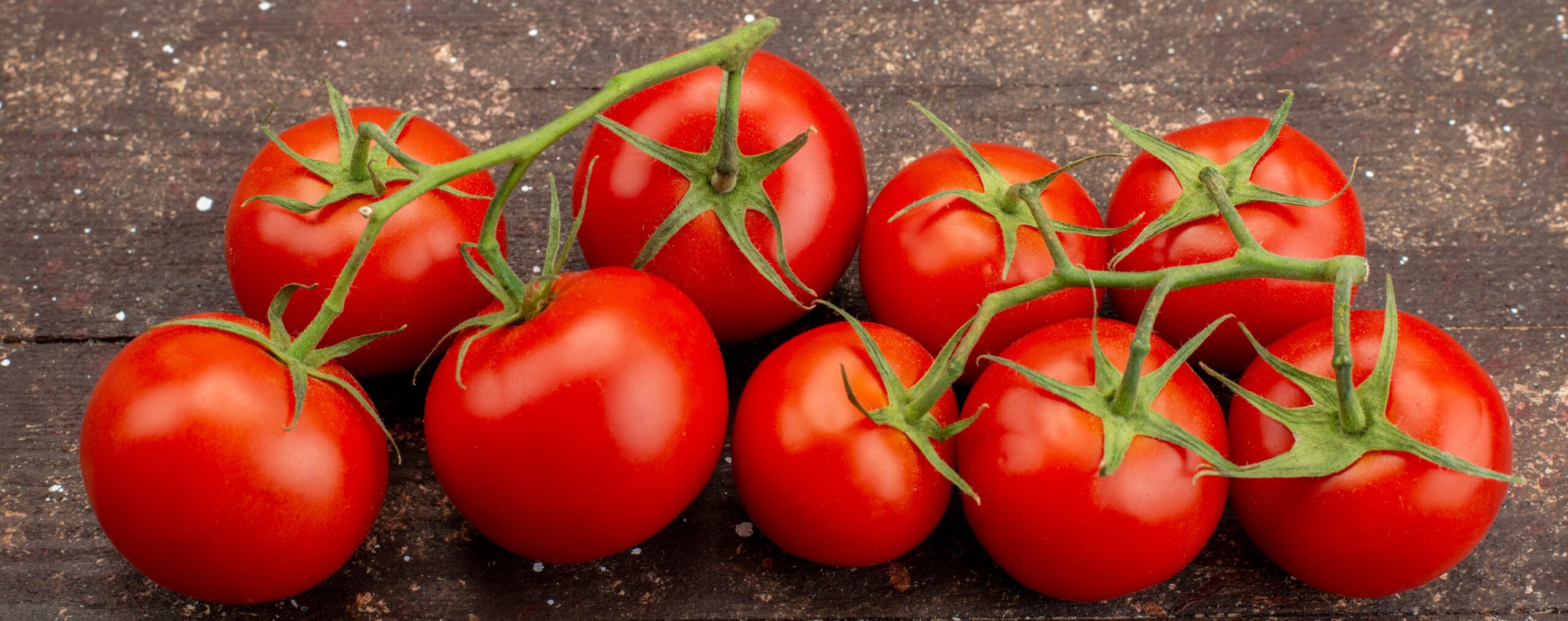The control order issued today (Tuesday, September 18) bans produce from infested properties in South Australia and properties linked to the infected sites from NSW.
The virus’s presence in Australia was confirmed when it was discovered in tomato crops in four greenhouses on three properties near Adelaide, South Australia, last month.
NSW’s Agriculture Minister, Tara Moriarty says the virus is “a serious threat” to the state’s $115 million tomato, capsicum and chilli industries.
“There is no risk to food safety or human health from eating tomatoes with the virus,” she says.
“The control order is in place to protect NSW from the disease and allow industry to safely trade in fresh produce, seedlings and seeds.
“Biosecurity is a top priority for the NSW Government. If problems arise in other states, we need to take swift and urgent action to protect our industries,” Ms Moriarty says.
She wants growers to look for signs of the virus in tomato, capsicum and chilli crops. These signs include:
- mosaic and mottled patterns, yellowing, discoloration and deformities on leaves;
- fruit with yellow patches, marbling, brown wrinkled spots or uneven ripening.
Symptoms vary between plants and laboratory diagnosis is needed to identify tomato brown rugose virus, which is similar to other related viruses.
The NSW Department of Primary Industries and Regional Development is working with industry, international and national experts to maintain NSW’s disease-free status.
Extensive surveillance is continuing in South Australia, NSW and other states and territories.
Industry and home gardeners are urged to look for signs of tomato brown rugose fruit virus and call the Exotic Plant Pest Hotline 1800 084 881 if suspect plants are found.






